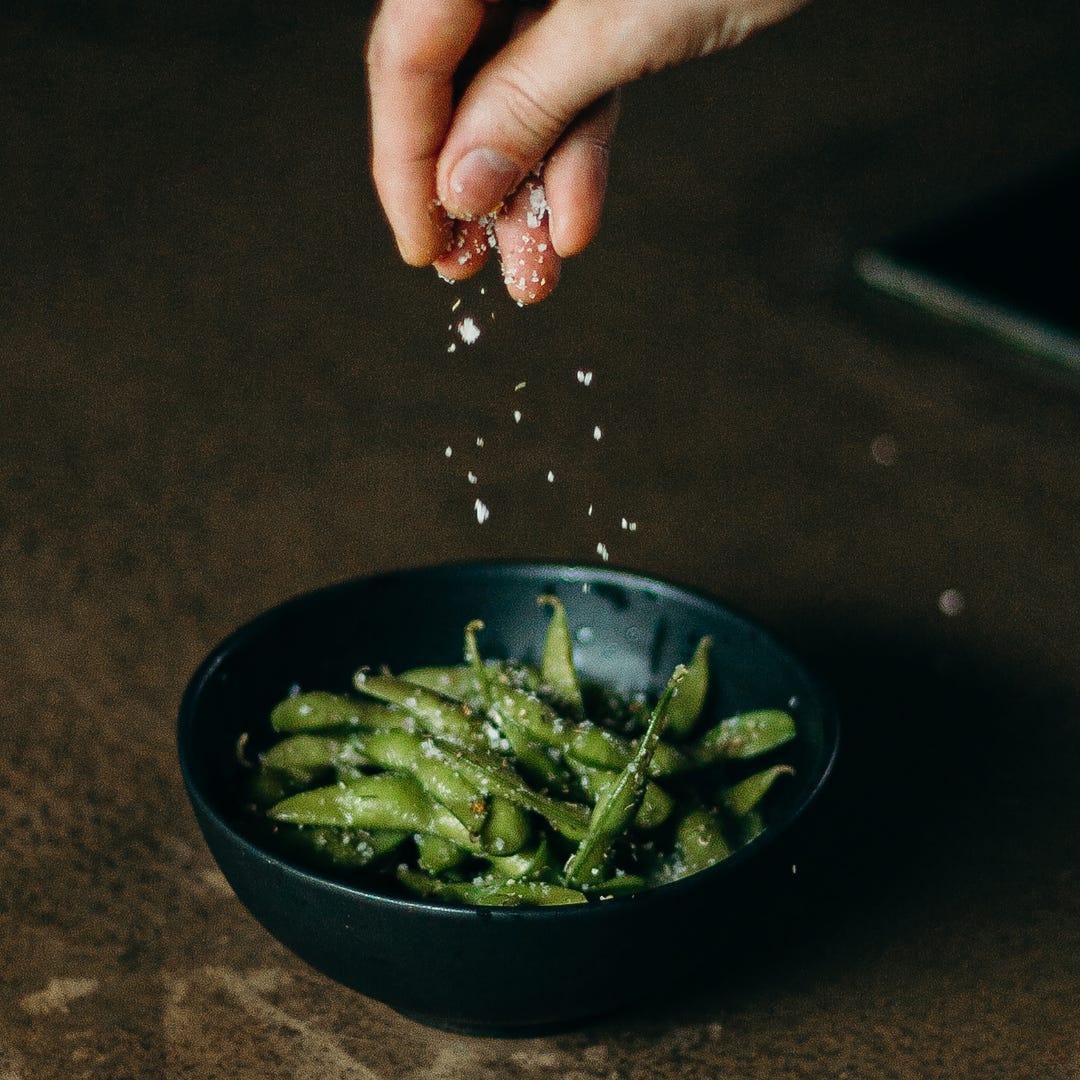How to holistically heal...high blood pressure - Part Two - The Salt Issue
When you have high blood pressure, consider this…
HEALING: When you have high blood pressure, consider this…
REVERENCE: Sodium & natural salt (reverence is the deep respect & attention to the things that truly impact healing)
EXPLORING: I am Food (exploring is the journey into the deeper work, meeting the parts, wounds, and survival strategies that keep us small, stuck, and suffering with persistent symptoms & feelings)
In this edition: part two
Practical strategies for managing high blood pressure.
Foods to incorporate and avoid and high blood pressure.
A deeper understanding of the relationship between salt and high blood pressure.
Is salt merely composed of sodium chloride (NaCl), or does it possess additional components beneficial to the human body?
Furthermore, even if salt is primarily NaCl, does it hold significance for us?
Is salt a friend or a foe, and why does it continue to warrant concern?
Exploring the principles of 'I Am Food': Why the source and processing of food are the most important choices we need to make when choosing and eating food.
1. HEALING: When you have high blood pressure, consider this…
In last week’s edition - part one, we delved into the fundamentals of high blood pressure, covering its definition, the intricacies of blood pressure readings (systolic and diastolic), common symptoms, underlying causes, diagnostic methods, prescribed medications, and the importance of adopting a holistic approach to managing this condition.
Now, in this week's edition - part two, we continue our exploration by shifting our focus to practical strategies for managing high blood pressure. Specifically, we will examine the significance of dietary choices, including foods to incorporate and avoid, and gain a deeper understanding of the relationship between salt and high blood pressure, including the best kind of salt to eat.
In next week’s edition, part three, we will be exploring the potential benefits of herbal medicines and supplements in complementing conventional treatment approaches for high blood pressure.
Is salt merely composed of sodium chloride (NaCl), or does it possess additional components beneficial to the human body? Furthermore, even if salt is primarily NaCl, does it hold significance for us? Is salt a friend or a foe, and why does it continue to warrant concern?
2. REVERENCE: Sodium & natural salt (reverence is the deep respect & attention to the things that truly impact healing)
Sodium and salt are often used interchangeably in everyday language, but they are not the same thing. Here's the difference:
Salt: Salt constitutes an ionic compound comprising sodium (Na+) and chloride (Cl-) ions in the chemical form of NaCl. Derived primarily from seawater and subterranean mines, or rock salt, it undergoes extraction processes for commercial use. The most common type of salt used in cooking and food preservation is table salt, which consists of about 40% sodium and 60% chloride. Salt is added to food to enhance flavour, preserve food, and provide essential nutrients.
Sodium: Sodium is one of the chemical elements found in salt. It is a mineral that plays a vital role in various bodily functions, including regulating fluid balance, nerve function, and muscle contractions. Sodium is naturally present in many foods, particularly those of animal origin. Some plants also have salt in their composition although in much less quantities than animal and with less sodium.
So, to maintain good health without neglecting the essential element sodium, all we need to do is consume a balanced diet, which naturally provides our bodies with an adequate amount of salt without the need for additional seasoning. However, as humans transitioned to sedentary lifestyles and agriculture, they began to miss the salty flavour they were accustomed to. It's possible that this prompted early humans to actively seek out sources of salt, such as seawater. Archaeological findings indicate that ancient Chinese civilisations would boil seawater in clay vessels to extract salt, although it's likely that earlier methods involved harnessing the power of the sun. From these early practices, it was only a short step to discovering the preservative properties of salt for food.
While salt contains both sodium and chloride, it is the sodium component of salt that is primarily of concern when it comes to health. In simple terms, research strongly suggests that there's a direct link between how much salt we eat and our blood pressure levels. Please keep in mind the quality and quantity of salt matters.
Keep reading with a 7-day free trial
Subscribe to How To Holistically Heal By Anthia Koullouros Naturopath to keep reading this post and get 7 days of free access to the full post archives.



